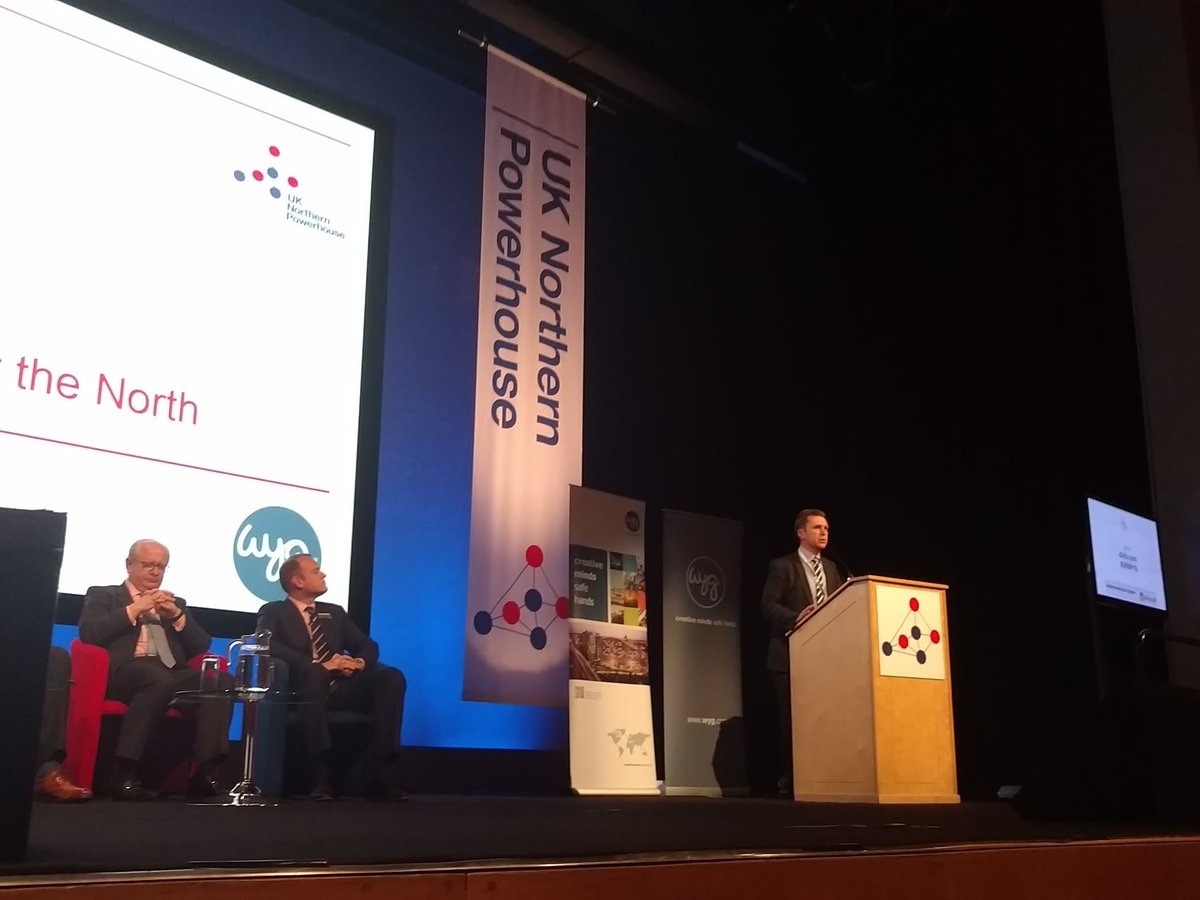26.02.16
Oyster-style ticketing to be rolled out across north ‘in two to three years’
An Oyster-style ticketing model will start being rolled out across the north in the next two to three years, Transport for the North (TfN) boss David Brown said yesterday at the Northern Powerhouse Conference.
But this will only be introduced as a first phase, he said: “It won’t be all singing, all dancing. I think Transport for London took twenty-odd years to do this – we’ve got to beat them, but not quite so fast.”
Speaking earlier in the day at the conference, attended by RTM, Lord O’Neill had asked when the north would start implementing an ‘Oyster card for the north’ in order to integrate and streamline transport ticketing.
But Brown, who had already called for an easy ticketing system in the north, made it crystal clear that the region needed something different than merely an “Oyster card for the north” – because its structures are “completely different” to those of the capital.
“We’re more akin to Scotland in this,” he said. “We’re working with them and TfL to see how we can introduce a similar view of what we’re looking for.”
It is still unclear what the ideal solution is, but Brown indicated that a plastic card similar to the Oyster system in London may be too outdated a model to implement now.
“I think in a few years’ time people won’t want another piece of plastic in their card. My children have moved on from that already: they’re paying with their watch and their phone,” the TfN boss said.
“But we’re working on the most appropriate way to do that, and I think we’ll start to see some things being rolled out in the next two to three years as a first phase.”

Brown was speaking as part of a six-man panel of rail leaders representing the north of England, which included Northern Rail’s managing director, Alex Hynes.
Before Brown laid out plans for integrated ticketing, Hynes slammed the “very confusing” system of fares that passengers are subjected to currently as a result of a mix between public and private models.
The Northern MD, a big spokesperson for the benefits of privatisation in the industry, said that when the rail sector was denationalised after British Rail, it was assumed it would either remain steady or decline, but the opposite happened.
“So when the railway was privatised, all these protections were put in place, which essentially froze the British Rail pricing structure,” Hynes said.
“And then the private sector came in and started to innovate, and add cheap advance purchase fares. So what you have now is a very complicated system because you’ve got a highly regulated commercial offer and it’s very confusing to customers.
“The industry needs to get much better at taking that complexity away.”
The north’s evolution towards better and more integrated ticketing is also an element of a wider national strategy to improve and streamline smart ticketing across all franchises.
Just last month, rail minister Claire Perry MP revealed that it will become mandatory for every operator bidding to run a franchise to present plans for smart ticketing tailored to customers’ specific needs.